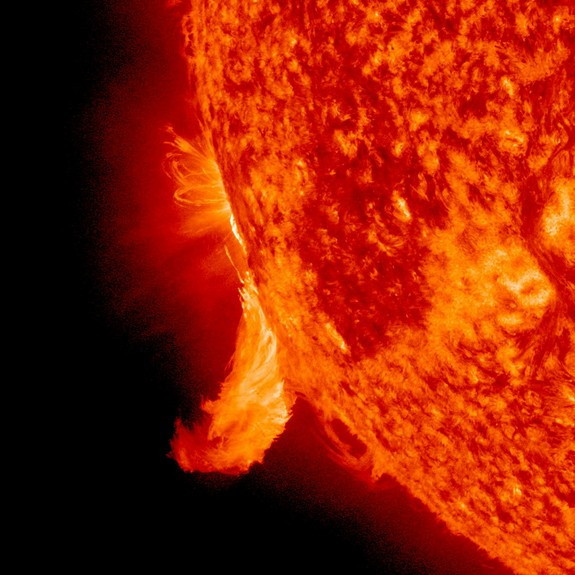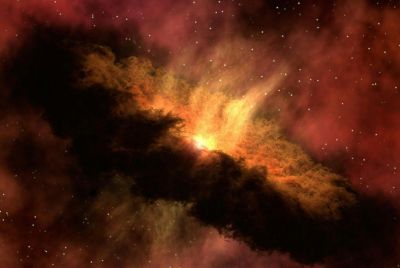Climate change: U.K. to face colder winters in solar activity dip

A new study into climate change has revealed that Brits may soon be forced to contend with much harsher winters, with as many as one in seven casting the country into sub-zero temperatures for pro-longed periods.
The findings were printed in the Institute of Physics' journal Environmental Research Letters and are based on research exploring how low solar activity may affect winter weather patterns.
"We could get to the point where one-in-seven winters are very cold, such as we had at the start of last winter and all through the winter before," commented co-author Mike Lockwood, professor of space environment physics at the University of Reading.
Cross-checking their data with the Central England Temperature (CET) record the researchers stated that Britain's recent winters have recorded much lower average temperatures, leading them to believe that the trend would continue further into the future.
"The cluster of lower winter temperatures in the UK during the last three years had raised questions about the probability of more similar, or even colder, winters occurring in the future."
The research speculated that the dip could see Brits face temperatures similar to those experienced during the Maunder minimum.
The Maunder minimum was the period between of extremely low solar activity that occurred from 1645 to 1715. The period has often been call the Little Ice Age due to the increasingly harsh winters Europe suffered during it.
The paper's authors stressed that they were not predicting anything on the scale of a mini-ice-age.
Using the data from the CET the two were quick to point out that this doesn't necessarily mean that the year as a whole would be colder. The letters pointed out that the coldest winter since records began was in 1683/84, adding that "just two year[s] later, right in the middle of the Maunder Minimum, is the fifth warmest winter in the whole record" -- meaning that there will still be warm periods and mild-ish winters during the decrease in solar activity.
The scientists went on to clarify that their research didn't have any overarching significance into the debate surrounding global warming and climate change. The letters finding instead refer to a naturally occurring weather pattern.
© Copyright IBTimes 2025. All rights reserved.



















